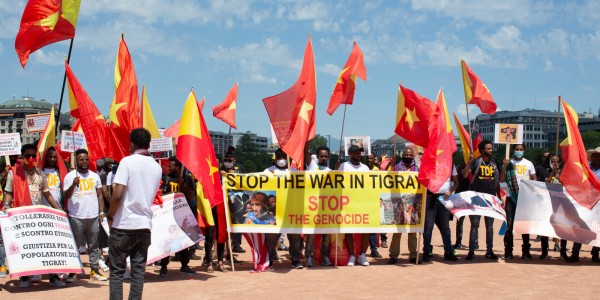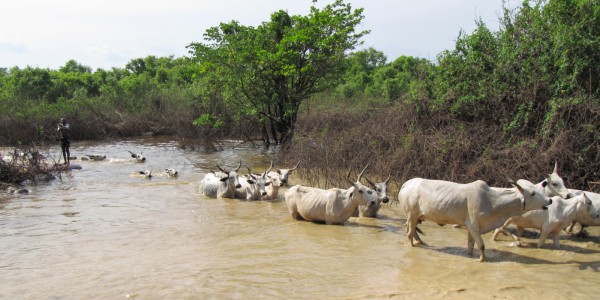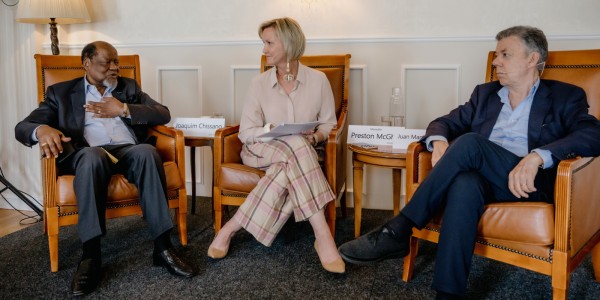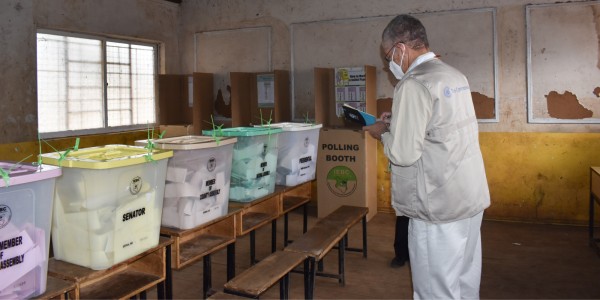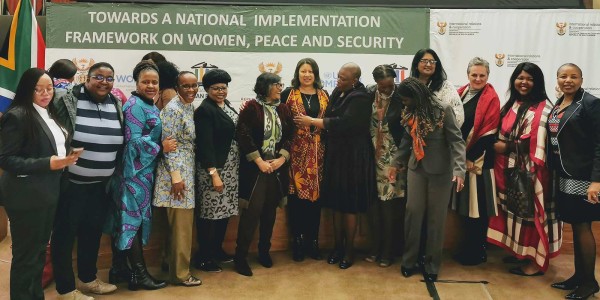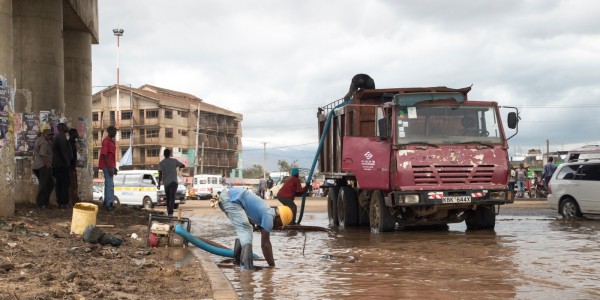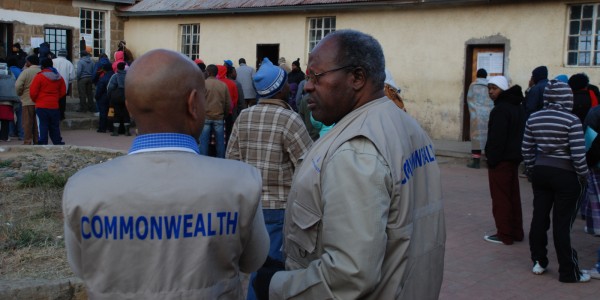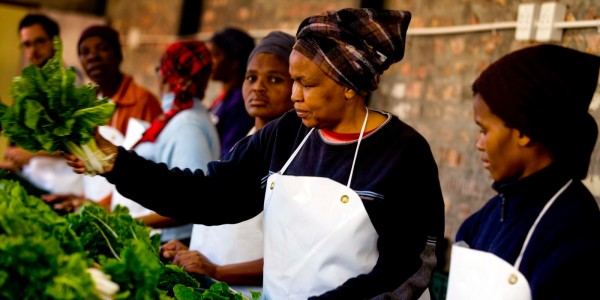REUTERS/Afolabi Sotunde
Trust between citizens & institutions
The most important factors that will determine the effectiveness of the measures introduced by governments to contain COVID-19 is the degree of trust that exists between citizens, the state and private sector institutions; levels of social cohesion and the resilience of formal and informal social institutions. For instance, levels of trust will be tested or strengthened by the ability of an institution to convey information openly, the actions of the public sector during the delivery of services, the actions of security services when implementing states of emergencies and other social-distancing measures, as well as the responsiveness (e.g. no price fixing) of the private sector during the COVID-19 period.
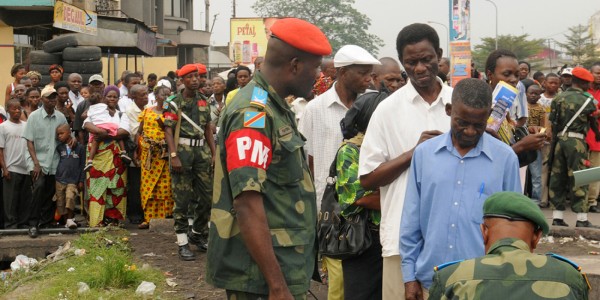
24 Feb 2023
Investing in People and Enhancing Resilience for Sustaining Peace with Adaptive Peacebuilding
- Ako Muto
- Rui Saraiva
- Cedric de Coning
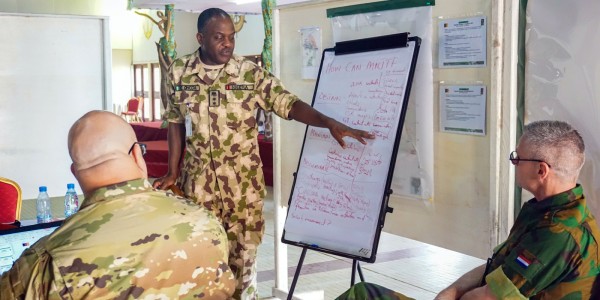
24 Feb 2023
Assessing the Effectiveness of the Multinational Joint Task Force
- Mariana Llorens Zabala
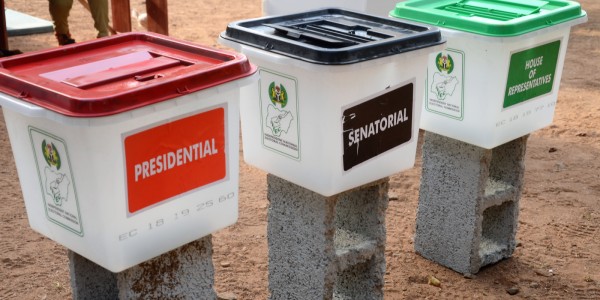
24 Feb 2023
Crossroads: The Significance and Prospects of Nigeria’s 2023 Presidential Election
- Joshua Olusegun Bolarinwa
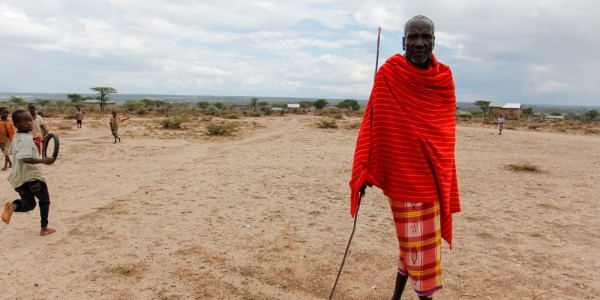
22 Dec 2022
The Case for Integrating Sustaining Peace into an Expanded Climate, Peace and Security Concept
- Hafsa Maalim
- Cedric de Coning
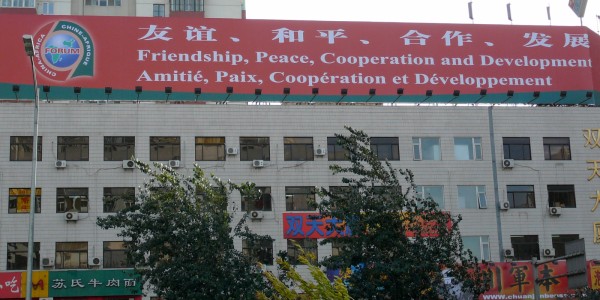
22 Dec 2022
Reframing a Narrative – China, Africa, and the futures of the Global South
- Kwesi DLS Prah
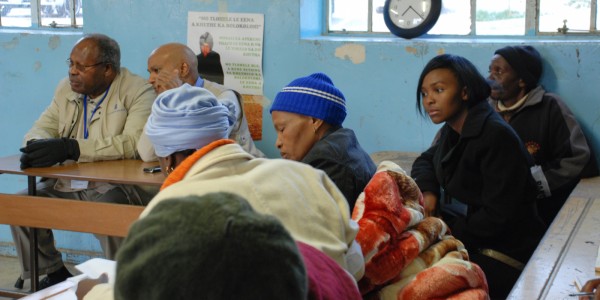
22 Dec 2022
Lesotho’s election brought change: Six things needed to promote peace and democracy
- Khabele Matlosa

22 Sep 2022
Global geopolitical competition hits Africa: Can it maintain its voice?
- Laura Rubidge
- Gustavo de Carvalho
Do you have information to share?
Does any of this information look incorrect to you, or do you have anything to share from your experience on the ground in an African country?
If so, please complete our contact form – we would love to hear from you!



